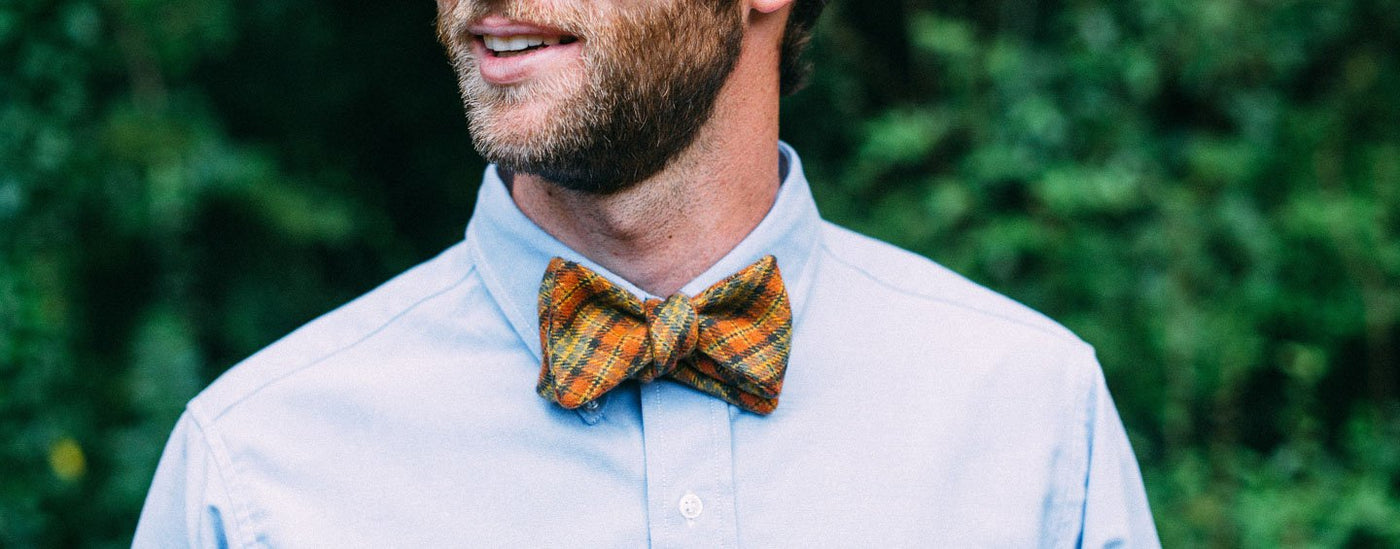Your Cart is Empty
You are $99.00 away from free shipping!
Your Cart is Empty
You are $99.00 away from free shipping!

As seen throughout the long history of men’s styles, the looks we find en vogue and handsome often come from a blend of practicality and eye-catching detail. Take armor for instance; it started as an entirely practical application, meant to take a beating. Yet, what knight’s armor has ever been unappealing? The gleaning silver and gold, the curves and angles, the intricate and precise links of chainmail, all make for an amazing sight. No hero was ever donned in rust. Likewise, the now common place necktie, or simply tie, has its origins in an elite group of warriors.
“God save us from the plague, hunger, war…and the Croats.” – European prayer during the mid-17th century
During the Thirty Year War (1618-1648) the French enlisted the help of an elite Croatian military group known as The Croats. The reputation of this regiment preceded the men, thus when a young King Louis the XIV -- already enamored with fashion -- saw these men adorned with red scarfs about their necks, he took the style and made it his own. The Cravat, as it came to be known, quickly became a symbol of French nobility.
King Louis the XIV donning the Cravat in similar style of the Croats
The modern Croatian military still honor the Cravat
Over the years, and through the many wars to come, having a piece of cloth about the neck became a symbol not only for fashion, but for a gentleman. Just as the term “gentleman” once referred strictly to a landed gentry but became widely used to mean a man of good taste and manners, the cravat symbolized the nobility and integrity which a man possessed on the inside, regardless of his social class.
The evolution of the cravat to the modern tie included many variations in style, some of which are still around today. One of the most handsome, and militaristic styles, which has unfortunately been left to history, is the stock tie.
Soldiers wore shirts with thick, stiff collars, turned up to keep their heads held high. The stock was tied around the collar to keep it secure and also provide extra protection from saber attacks to the neck.
General William Tecumseh Sherman of Civil War fame seen wearing a stock tie. Notice the high collar and similarity to a bowtie.
The Neckerchief is common tie style that we see today, though it is traditionally associated with Scouts, it was favored by cowboys and sailors. In fact, the US Navy’s sailor outfit still employs this style.
The term Kerchief is an English spelling of the French word “couvre-chef”, which is a head covering for women. Neckerchiefs and handkerchiefs, therefore, represent cloths for certain parts of the body.
A youthful John Wayne sporting a few Neckerchiefs in traditional cowboy style
Going from the ancient cravat to the modern, slim and tapered necktie seems like quite the leap in fashion. However, this change came about with other great changes in world history, particularly the Industrial Age. As men put in longer hours doing low-skilled tasks with a great deal of movement, the need for a tie that stayed “tied” emerged, thus the long tie, or necktie was born.
Factory Workers of the Industrial Age. A few ties can be seen on the necks of the younger workers.
Over the years the tie has taken many forms, going from fat to slim, bold colors and even hand painted ties, to the Beetle’s famous narrow black tie. In all ages, however, the tie symbolized something of the style of the individual.
Croatia still celebrates their claim to tie fame with “Cravat Day”, every October 18th. There is a pride that can be found in the simplest of items, if we are willing to look past the superficial and take in a bit of history. The tie, in America, has come to symbolize fatherhood and the business man, both of which are esteemed positions. And, whether you get a tie because of its history or for its look, it certainly completes a man’s style. As Henry Ward Beecher so rightly stated, “Clothes and manners do not make the man, but once he is made, they greatly improve his appearance.”

